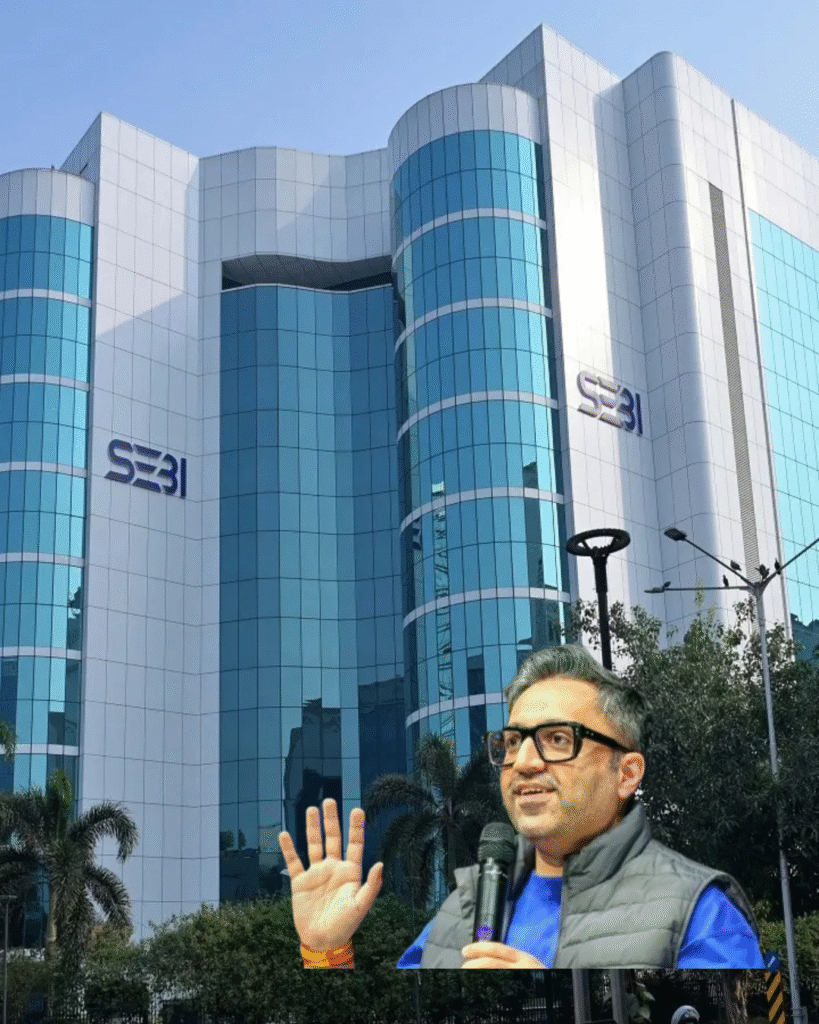India’s Stern Reply to Pakistan Army Chief’s Kashmir Comment: A Bold Diplomatic Statement
India has once again made it crystal clear to the world and especially to Pakistan — Jammu and Kashmir is, was, and will always remain an integral part of India. This strong statement came in response to provocative remarks made by Pakistan Army Chief General Asim Munir, who recently claimed Pakistan’s continued “support” for Kashmir.
India’s Ministry of External Affairs (MEA) immediately slammed the statement as “unwarranted” and “baseless,” highlighting Pakistan’s only real connection to Kashmir: decades of cross-border terrorism, violence, and instability.
What Did General Asim Munir Say?

General Asim Munir, speaking during a military ceremony in Pakistan, reiterated Pakistan’s long-standing stance on “supporting the Kashmiri people” and accused India of alleged “oppression” in the region. While such rhetoric is not new, the Indian government did not let it pass silently this time.
The MEA took a firm stand, stating that these remarks not only lacked legitimacy but also came from a country that has consistently violated international norms by training, funding, and harboring terrorists.
India’s Bold and Clear Response
MEA Spokesperson Randhir Jaiswal issued a strong rebuttal, saying:
“We have seen reports about the comments made by the Pakistan Army Chief on Jammu and Kashmir. We categorically reject the unwarranted references made. The Union Territory of Jammu and Kashmir and Ladakh is, has always been, and will always remain an integral part of India.”
He didn’t stop there. In one of the strongest diplomatic messages yet, he added:
“If there is one connection between Pakistan and Jammu and Kashmir, it is that of terrorism. The entire world knows who has been responsible for nurturing terrorism in the region.”
This clear articulation sends a message not just to Pakistan, but to the global community — India will not tolerate cross-border propaganda or attempts to internationalize its internal matters.
Historical Background: What’s at Stake?
The Kashmir conflict has roots dating back to 1947, when princely states were given the choice to join either India or Pakistan. The Maharaja of Jammu and Kashmir chose to accede to India through the Instrument of Accession, making the territory legally a part of the Indian Union.
Since then, Pakistan has challenged this status through both wars and proxy terrorism, particularly after the 1980s. From the Kargil War to the Pulwama attack, Pakistan-backed elements have time and again disrupted peace in the region.
Recent News–
SEBI Exposes ₹424 Cr Gensol Scam Linked to Ashneer Grover

Apple Breaks Records in India with 3 Million iPhones Sold in Q1

India’s abrogation of Article 370 in August 2019, which removed special status from Jammu and Kashmir, further angered Pakistan. However, India made it clear that the decision was constitutional, democratic, and aimed at integrating J&K fully with the rest of India.
Changing Global Perception
Over the years, India’s consistent stance on terrorism and regional peace has begun to shift international opinion. Many global powers, including the US, France, and the UK, have repeatedly urged Pakistan to “do more” to curb terrorism on its soil.
India, on the other hand, has focused on development, infrastructure, and governance in Jammu and Kashmir. New investments, improved security, better road networks, and digital transformation are helping the region rise from decades of violence.
A Message of Peace and Progress
India’s message is loud and clear: the future of Jammu and Kashmir lies in peace, development, and democracy, not in provocative speeches or terrorist training camps across the border.
New Delhi has always welcomed constructive dialogue with Pakistan, but only if the neighboring country first ends terror sponsorship and respects Indian sovereignty.
As the world fights challenges like climate change, poverty, and global conflict, Pakistan’s obsession with Kashmir appears increasingly out of touch with modern geopolitical needs.
Conclusion: No Tolerance for Terror
India’s firm response to Pakistan Army Chief General Asim Munir is more than just a diplomatic rebuttal — it’s a call for accountability. Pakistan must stop playing the Kashmir card for political and military gains.
Kashmir’s future lies with its people — and they are choosing schools over slogans, jobs over jihads, and peace over propaganda.
India stands ready to build a future in Jammu and Kashmir that reflects unity, prosperity, and progress — with or without Pakistan’s acceptance.
FOLLOW US :
Disclaimer:
The views and investment tips expressed by investment experts on MoneyFlowInsight.com are their own and not those of the website or its management. MoneyFlowInsight.com advises users to check with certified experts before taking any investment decisions.





One thought on “India Slams Pakistan Army Chief Over Kashmir Remarks: 42 Terror Groups Are Their Only Link to the Valley”